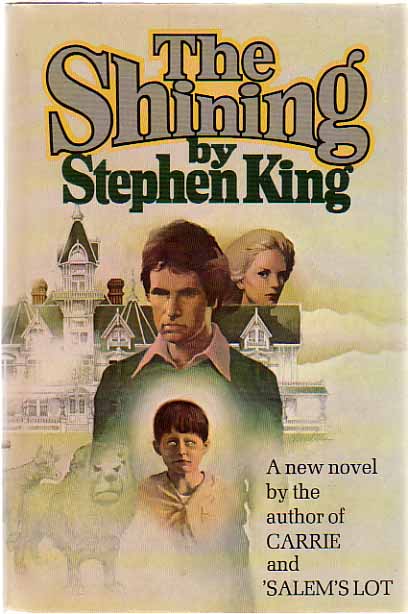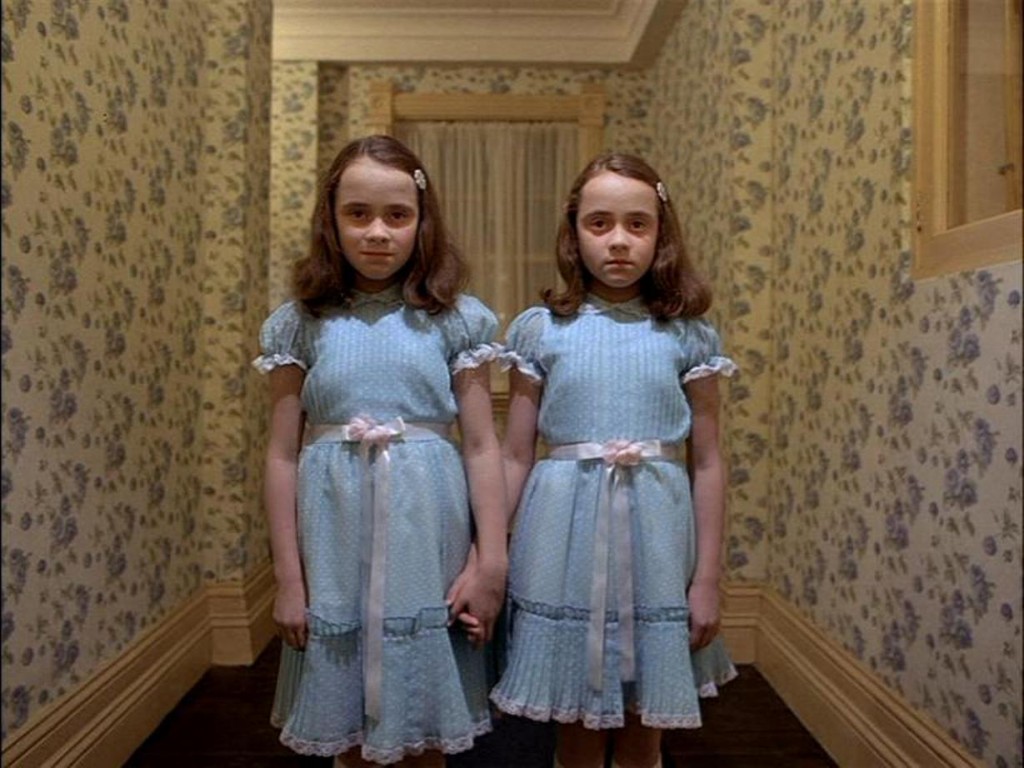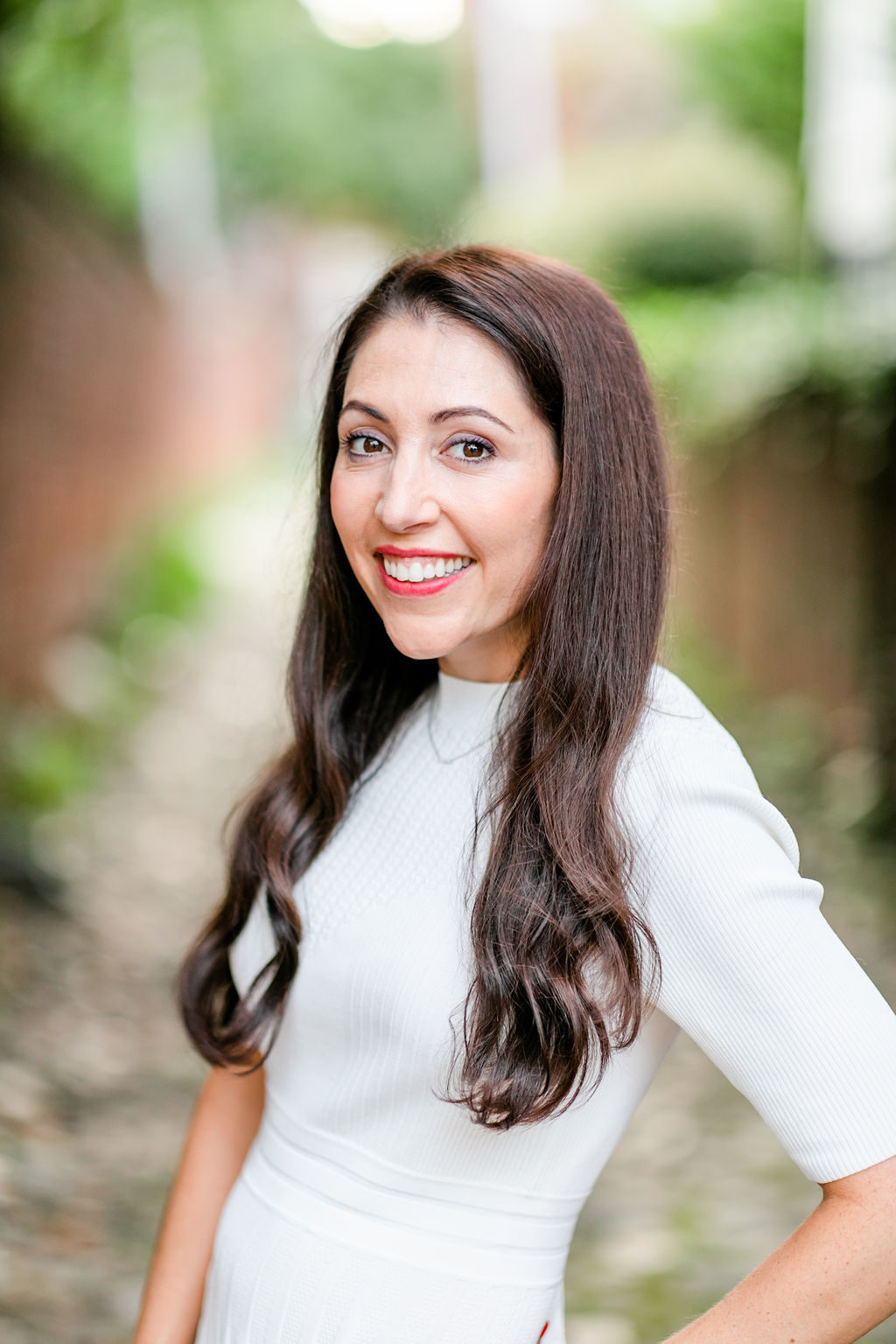Book review Monday: The Shining, by Stephen King
Programming note: Book Review Tuesday is becoming Book Review Monday, because Momma’s got a brand new bag/writing gig covering The Bachelorette for Previously.TV, and I’ll need to devote my Tuesdays to watching idiots misuse personal pronouns. Links to my pieces for Previously.TV will also be posted on Twitter and on Tube Topix.
Remember my post about Stephen King? And how I’m resolved to read more of his stuff? Well, I made good on that statement last week when I read King’s classic haunted hotel story The Shining. The verdict? It’s the best Stephen King novel I’ve read yet. And today, I want to talk both about this book and what makes it so compelling, as well as the classic-in-its-own-right movie adaptation by Stanley Kubrick, and how I’m not sure one can enjoy both the book and the movie.

Let’s start with the book. The Shining, for those of you who have not participated in popular culture for the last thirty-five years or so, is the story of a troubled schoolteacher-slash-writer, Jack Torrance, who loses his job at a prep school in Vermont after beating the ever-living crap out of one of his students in a fit of rage. One of his former drinking buddies and colleagues manages to set Jack up with a gig as the winter caretaker of the uber-creepy Overlook Hotel, which is set into a remote part of the Rocky Mountains in Colorado. Jack, who has recently quit drinking, decides to take the job, seeing it as a fresh start for him and his wife, Wendy, and their five year-old son, Danny. Danny, by the by, has a special gift where he is able to see glimpses of the future (often presented by his imaginary friend, Tony) and can read people’s thoughts. Before the Torrances pack up and move into the Overlook, Danny has several disturbing visions of what awaits them there. I don’t want to spoil the entire plot (especially since the plot of the book, including the ending, varies markedly from the movie version), but suffice it to say that the Overlook Hotel has its own ideas about the Torrances’ fresh start, and things do not go as planned once the family arrives. One word: REDRUM.
The book is a wonderful read because it manages to combine a slow build-up with consistent, page-turning creepiness. One of the main themes of the book is Jack’s struggle with alcoholism. At its heart, it’s the story of how one man’s personal demons slowly destroy him and his family. The book shows us Jack’s slow undoing, as he slips from being a loving husband and father struggling with an addiction to a shell of a man entirely inhabited by monsters. The horrors contained in the Overlook — including a bloated, rotting dead lady in a tub, a man in a dog suit, murdered children, gangsters with their brains blown out, topiary hedge animals that come to murderous life, killer wasps, and a fire extinguisher hose that morphs into a snake — are terrifying, but the most terrifying inhabitant of the hotel becomes Jack himself. We readers stand by, helpless, as The Overlook preys on Jack, knowing he’s weak and it can control him to suit its sinister purposes.
IT IS SO GOOD, this book.
After I read the book, I decided to re-watch the movie, which I hadn’t seen in twelve years (the last time I watched it was as a college freshman in someone’s dorm room), to see how it held up next to the book. And, I must say, my hearty appreciation for the book actually dampened my full enjoyment of the movie this time around. Kubrick’s movie adaptation, as creepy and well-done as it is, is not a faithful adaptation of the book. Lots of plot and character points are different. To name a few:
- Danny in the book is not supposed to be creepy; he’s supposed to be tortured by his visions and the voices he hears in his head. In the movie, he’s this exceedingly creepy little kid who talks in a funny voice and references “the little boy who lives in my mouth.” Tony, Danny’s “imaginary friend” in the book, does not live in his mouth (wtf?) and also tries to protect Danny from the dangers that await him at the Overlook. We also find out something else important about Tony toward the end of the novel, but I won’t spoil it.
- Mr. Ullman, the man who gives Jack the job, is supposed to be an officious, prissy jerk, not the glad-handing, newscaster-esque sort who they cast in the movie. Jack’s anger and resentment of Ullman comes up again and again in the book but is not referenced in the movie.
- There’s a whole backstory in the book about the ownership of the Overlook and the corrupt goings-on that have plagued it since its opening in the early twentieth century. None of this is explicitly referenced in the movie.
- The reasons Jack got fired from his schoolteacher job (namely, beating up his student) are not referenced in the movie — nor is a haunting drunk joy ride he took with his drinking buddy in which they may or may not have killed someone.
- The murdered little Grady girls (“come play with us”) are referenced maybe once in the book, and they’re not twins.
- There’s no labyrinth in the book; there are, however, the aforementioned murderous hedge animals.
- Jack does not attempt to murder his family with an axe in the book; instead, he uses a roque mallet (roque being an earlier ancestor of croquet).
- The dead lady in the tub is in room 217, not 237. Why change that, Stanley Kubrick? I ask you.
- [SPOILER]: Why does the black guy have to die in the movie? C’mon.
- There’s a lot of backstory in the book about Wendy’s horrible mother and Jack’s horrible father, which informs both of their choices and their dynamic as a couple.

The biggest difference between the novel and the film, though, has to do with the book’s focus on Jack’s alcoholism and the idea that Jack, as an addict, is an easy tool for the Overlook. In the book, Jack is controlled by external forces; he is a pawn of a larger, evil force. In the movie, however, it seems as if Jack (as memorably played by Jack Nicholson) is bad from the start, and the Overlook merely brings out the badness that’s already lurking within him. Also, in the film, the character’s alcoholism is barely touched upon and does not appear to impact Jack’s behavior in any meaningful way. Apparently, this departure from the book was Stephen King’s biggest problem with the movie adaptation. In King’s novel, it is the hotel that is evil, not Jack Torrance. King once said, regarding his issues with Kubrick’s adaptation:
Parts of the film are chilling, charged with a relentlessly claustrophobic terror, but others fall flat. Not that religion has to be involved in horror, but a visceral skeptic such as Kubrick just couldn’t grasp the sheer inhuman evil of The Overlook Hotel. So he looked, instead, for evil in the characters and made the film into a domestic tragedy with only vaguely supernatural overtones. That was the basic flaw: because he couldn’t believe, he couldn’t make the film believable to others. What’s basically wrong with Kubrick’s version of The Shiningis that it’s a film by a man who thinks too much and feels too little; and that’s why, for all its virtuoso effects, it never gets you by the throat and hangs on the way real horror should.
In other words, Kubrick missed the point entirely. And as I watched the film, I really wondered why Kubrick had made some of the changes he made. Some of the less consequential tweaks were understandable. For instance, I can see why Tony, Danny’s imaginary friend, was challenging to express in film. In the book, Tony appears in visions. I can see why having Tony “live in Danny’s mouth” and talk through Danny is a more elegant expression of Tony. But why the creepy voice and the finger? Ugh. I found myself wishing throughout the film that Kubrick had more closely followed the arc of the story in the novel; that is, a weak man is worn down by an external evil until he destroys himself and his family. It’s easy to root against a non-nuanced monster like Nicholson’s Jack Torrance. It’s more complicated — and more compelling — when the character retains human layers and some shreds of decency. For that reason, the film comes off as flatter — and less emotionally gripping — than the book.
I guess I’m going to have to add The Shining to the long list of films that pale in comparison to the books that spawned them. If you haven’t read the book or seen the movie, I recommend that you watch the movie first, and then read the book, and prepare to be impressed and surprised by the differences.
PS. A new interview with Stephen King in Parade.


1 Comment-
Pingback: Book Review Tuesday: Doctor Sleep, by Stephen King | Stephanie Early Green